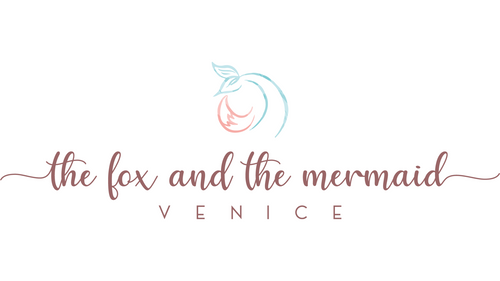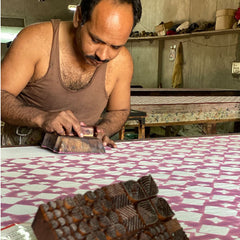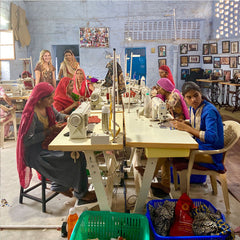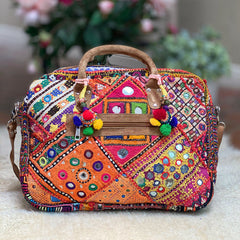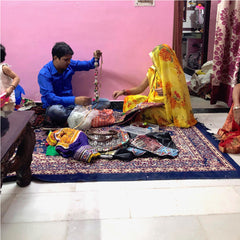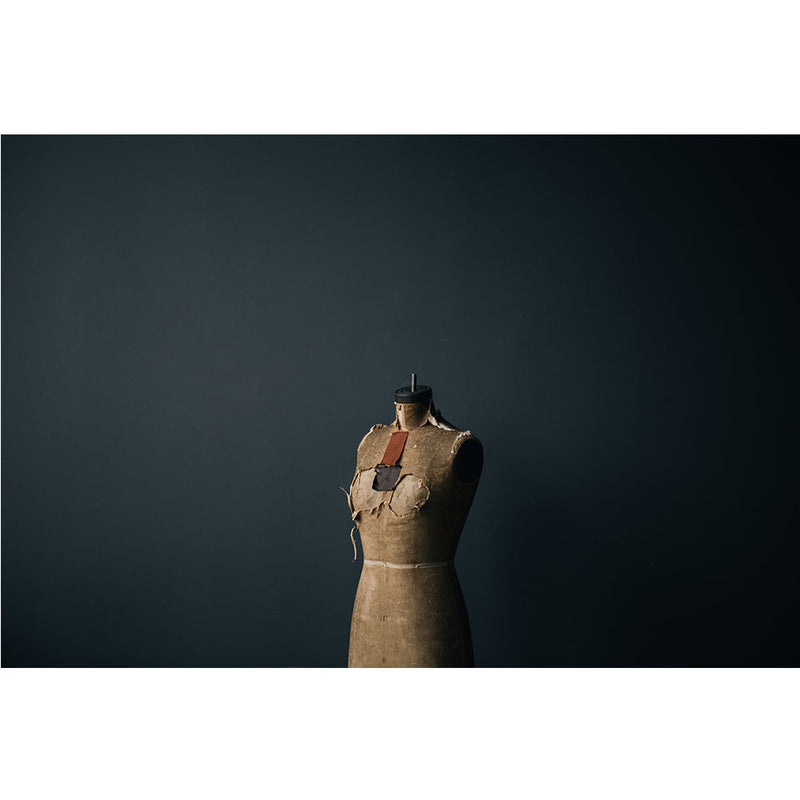
How Can You Tell if a Brand is Really Ethical and Sustainable?
These days many brands are talking about sustainability and ethical manufacturing and more and more consumers are taking an interest in how their clothing is made, but what do those words actually mean? And just because they are using those terms doesn't mean they actually are.
SUSTAINABILITY:
ENVIRONMENTAL IMPACT: Apparel and footwear production currently accounts for 10% of global greenhouse gas emissions, or as much as the total climate impact of the entire European Union. The allure of fast fashion, 75% off sales, and cheap, disposable outfits is putting the planet in peril. More than 60 percent of fabric fibers are now synthetics, derived from fossil fuels, so if and when our clothing ends up in a landfill it will not decay! A truly sustainable brand will use natural fabrics such as linen, organic cotton, silk, and hemp. If a brand doesn't clearly say on their website and in their product descriptions where their fabrics are sourced, that's a sign they're not sustainable.
ETHICAL:
WORKING CONDITIONS: Is the brand transparent about where their products are made? Have they visited the factories personally? Better yet, do they have photos? Side note: it's not fair to expect a brand to hand over all of their manufacturer's info (you could be a competitor after all, it's quite common actually), but a truly ethical brand should be happy to answer your questions, talk knowledgeably about working conditions, and share photos. If they haven't visited their factories, that's a red flag.
Also beware of companies that say "Made in the USA", but use environmentally damaging fabrics that were sourced from a sweatshop in another country.
Now that we know what those terms means, how can you know if a brand is truly ethical and sustainable?
There are many different ways a brand can be ethical and sustainable. Here are some signs that the fashion brand is not greenwashing their story:
FEWER COLLECTIONS: Clothing that is not mass-produced doesn't lend itself to fleeting trends and endless collections. Truly slow fashion means fewer collections (around 2 generally) and small batches. These brands tend to focus more on timeless, season-less pieces meant to last longer. The fast fashion brand Zara puts out 24 collections a year and H&M puts out 12-16. Pretty wasteful when you consider that 85% of all textiles end up in landfills each year.
SUPPORTS TRADITIONAL ARTISANS: Many traditional crafts that have been passed down from generation to generation are disappearing due to mass production. Supporting these artisans not only keeps these precious art forms alive, it provides an income source for rural communities allowing residents to stay in their family homes rather than being forced to relocate to big cities, keeps families together, and is good for the environment. Supporting these types of crafts is more expensive than buying mass-produced materials as the work is more skilled and labor-intensive, but it is very worthwhile.
Traditional Artisan hand printing cotton using carved wood blocks at The Block Printing Company in Sanganer, India
SUPPORTS THE VULNERABLE: A business that helps provide a pathway to prosperity to the most vulnerable, usually women, that they otherwise wouldn't have, such a paid training and free education is a great way to create lasting and meaningful generational change.
The non-profit Saheli Center accepts all women who apply, and provides free training, above average wages, a free education for their girls including all tuition, supplies and uniforms, health insurance, a female-specific health center, library, and a vegetable garden to all of the Saheli Women.
USING VINTAGE AND UPCYCLED MATERIALS: Giving vintage fabrics a new life is a great way to decrease your environmental footprint. Companies that make use of their leftover fabrics or purchase deadstock are also practicing sustainable manufacturing.
Computer bag made using vintage Indian textiles
BYPASSING FACTORIES AND SUPPORTING INDIVIDUAL ARTISANS: Brands that work directly with artisans are also helping to support ethical production. Self-employed artisans can name their own prices and set their own hours without having to to share their profits, miss out on valuable family time, or work 15 hour days.
A family of independent artisans making bags in their living room in Delhi, India
SHIPPING: Trading plastic wrapping and poly-mailers for recycled shipping materials and cotton bags is another way sustainable brands help the environment in a seemingly small way that has a big impact.
Finally, a lot of brands claim to be "Fair trade" without offering any proof. Fair trade specifically refers to the certifying organization Fairtrade International. If a brand is using this term, but isn't actually certified, that's a red flag. It's also important to note that a brand can absolutely be ethical without being certified Fair trade.
To learn more about the impact of fast fashion, I recommend these films:
The True Cost (Netflix)
RIver Blue
Alex James: Slowing Down Fast Fashion (Prime)
China Blue
